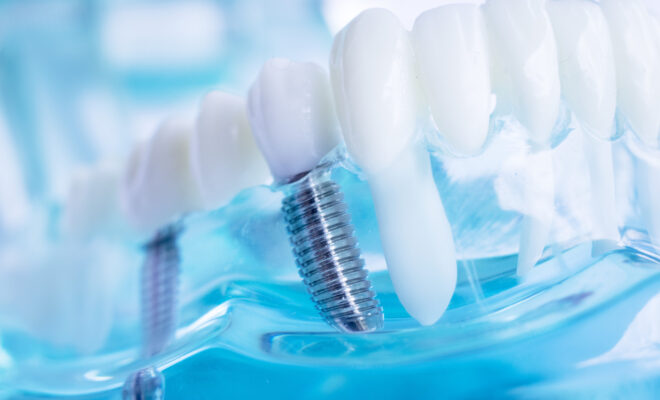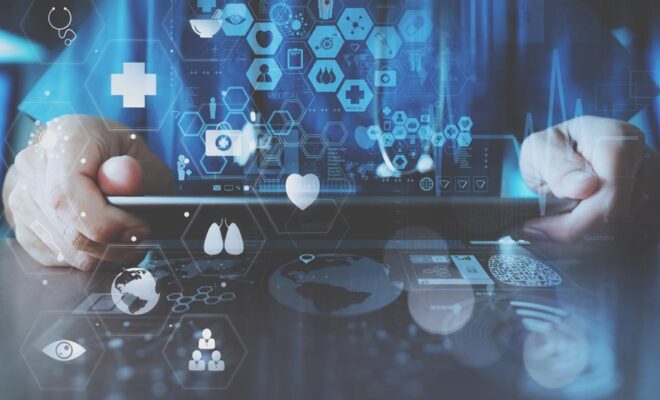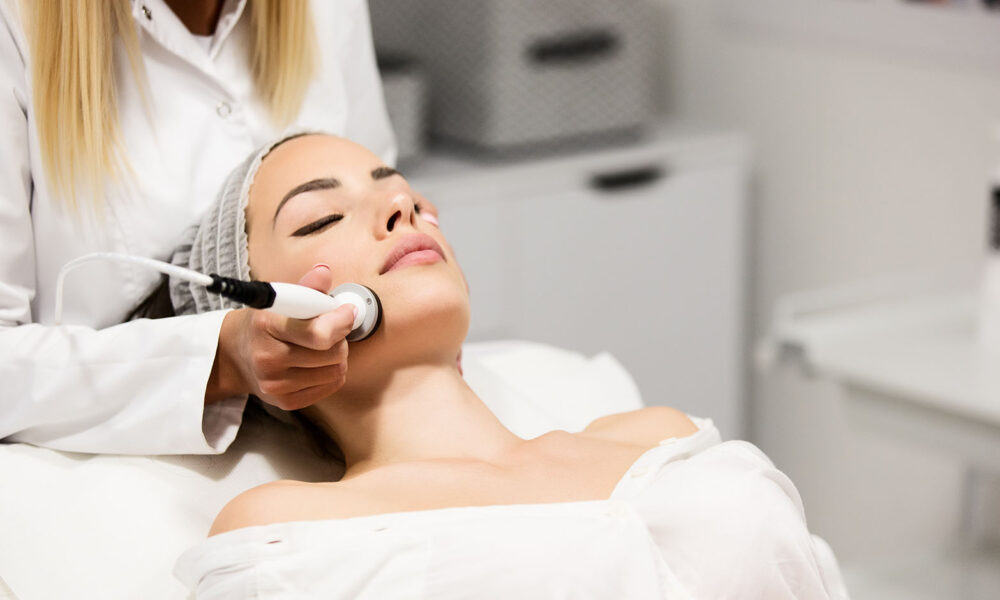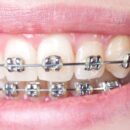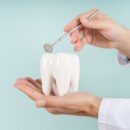Myths and Misconceptions About Acupuncture: Separating Fact from Fiction
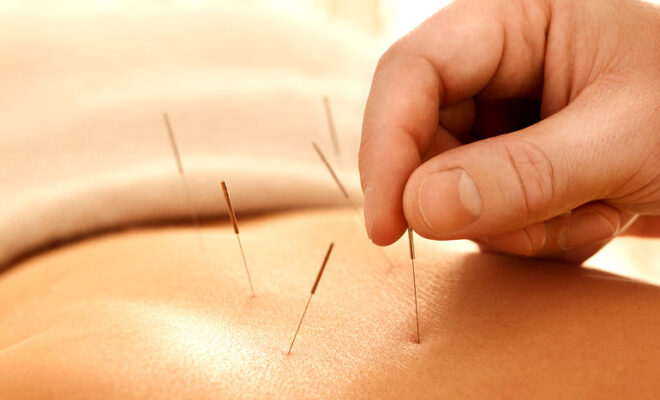
Myths and misconceptions about acupuncture. They’re everywhere. “Does it work?” “Isn’t it painful?” “Is it just a placebo?” These questions buzz around like bees in a summer garden. I want to take you on a journey today, using the wisdom of the well-respected healer, Lee Schwalb. “Healing,” Lee Schwalb said, “is not about believing. It’s about understanding.” So let’s understand. Let’s pull away the veil of mystery, debunk the myths, and discover the truth about acupuncture. Let’s dive into the world of lee schwalb healing, separating the facts from the fiction.
The Myth: Acupuncture is Painful
False. One of the most pervasive misconceptions about acupuncture is that it’s painful. In reality, the needles used in acupuncture are incredibly thin – about as thick as two human hairs. You won’t feel anything more than a slight pinch.
The Myth: Acupuncture is Unproven Science
Not quite. While acupuncture may not be fully understood by Western medicine, it has thousands of years of history and has been proven effective in a number of scientific studies. Looking at it through the lens of ‘Lee Schwalb healing’, it’s about opening up the body’s natural pathways to health and wellness.
The Myth: Acupuncture is a Placebo
Wrong. A placebo effect implies that the patient’s belief in the treatment is what makes it work. However, acupuncture has been proven effective in animals and babies – neither of which is capable of understanding the concept of acupuncture, let alone believing in it.
The Reality: Acupuncture is About Balance
Acupuncture works by bringing balance to the body’s energy, or ‘Qi’. It targets specific points – acupoints – along meridians (energy pathways) in the body. Unblocking these points allows energy to flow freely, leading to improved health and wellbeing.
The Reality: Acupuncture is a Holistic Approach
Under the banner of ‘lee schwalb healing’, acupuncture takes a holistic view of the body. Instead of treating isolated symptoms, it looks at the whole person: mind, body, and spirit. It seeks to address the root cause of ailments, not just the symptoms.
The Reality: Acupuncture Offers Multiple Benefits
Acupuncture offers a myriad of benefits. It can help manage pain, reduce anxiety, improve sleep, and enhance digestion. It can strengthen the immune system, boost mood and energy levels, and much more.
In conclusion, acupuncture is not a magical cure-all. It’s a time-tested healing method that works in harmony with the body’s own healing mechanisms. It’s less about belief, more about understanding, and entirely about balance. Just as Lee Schwalb would have it.



